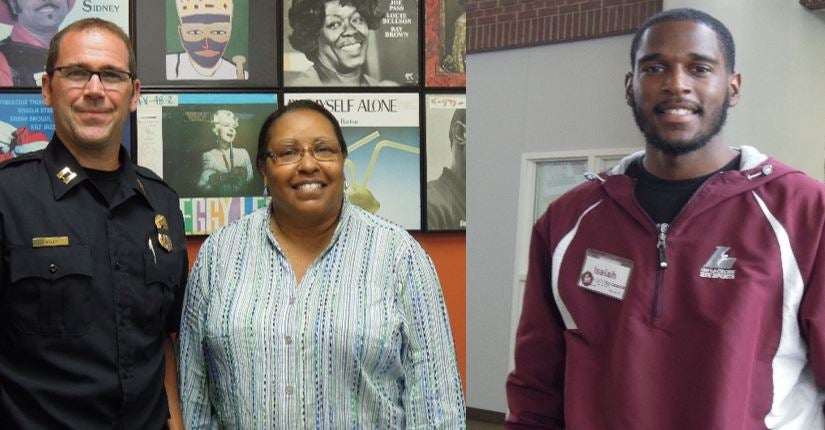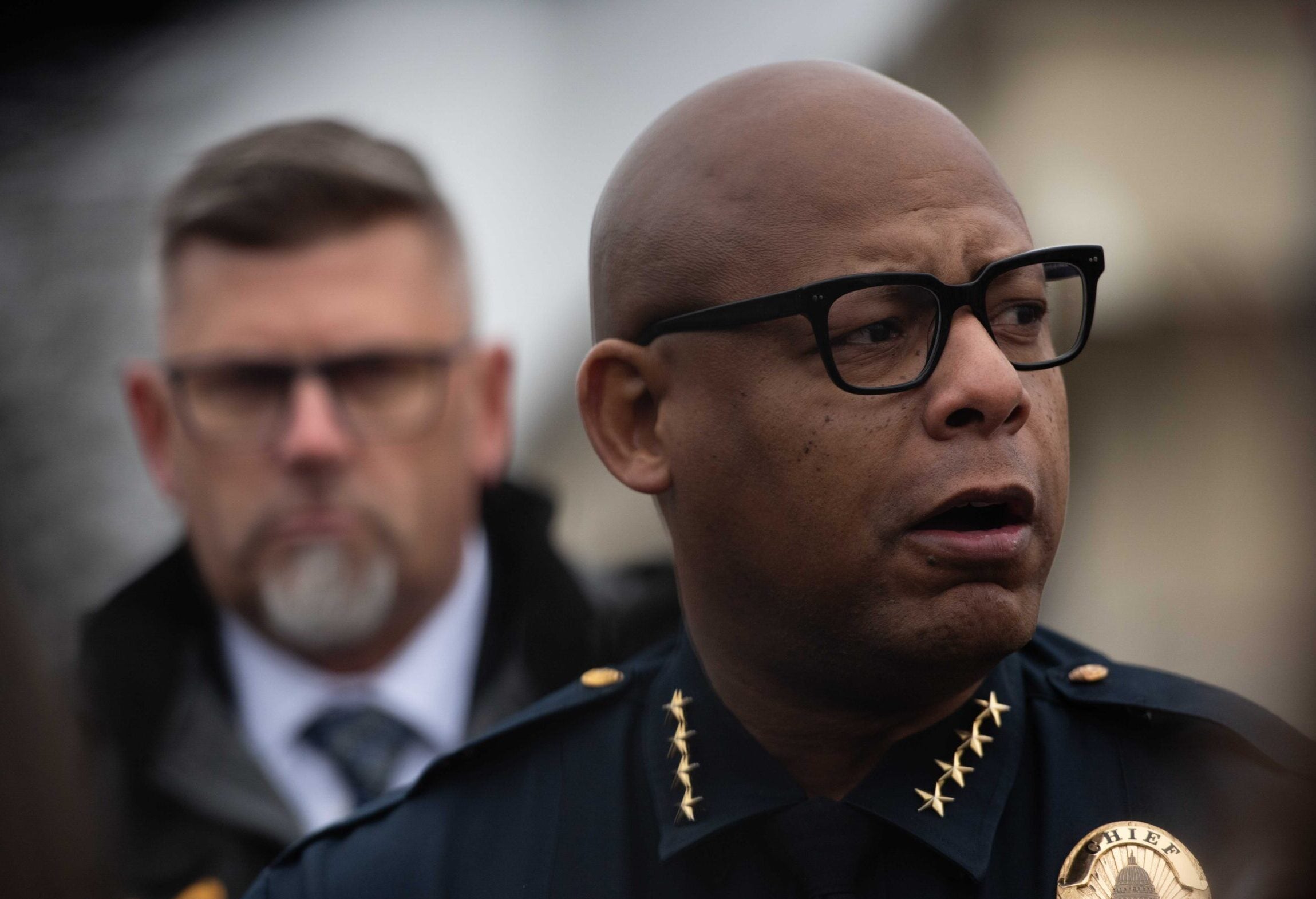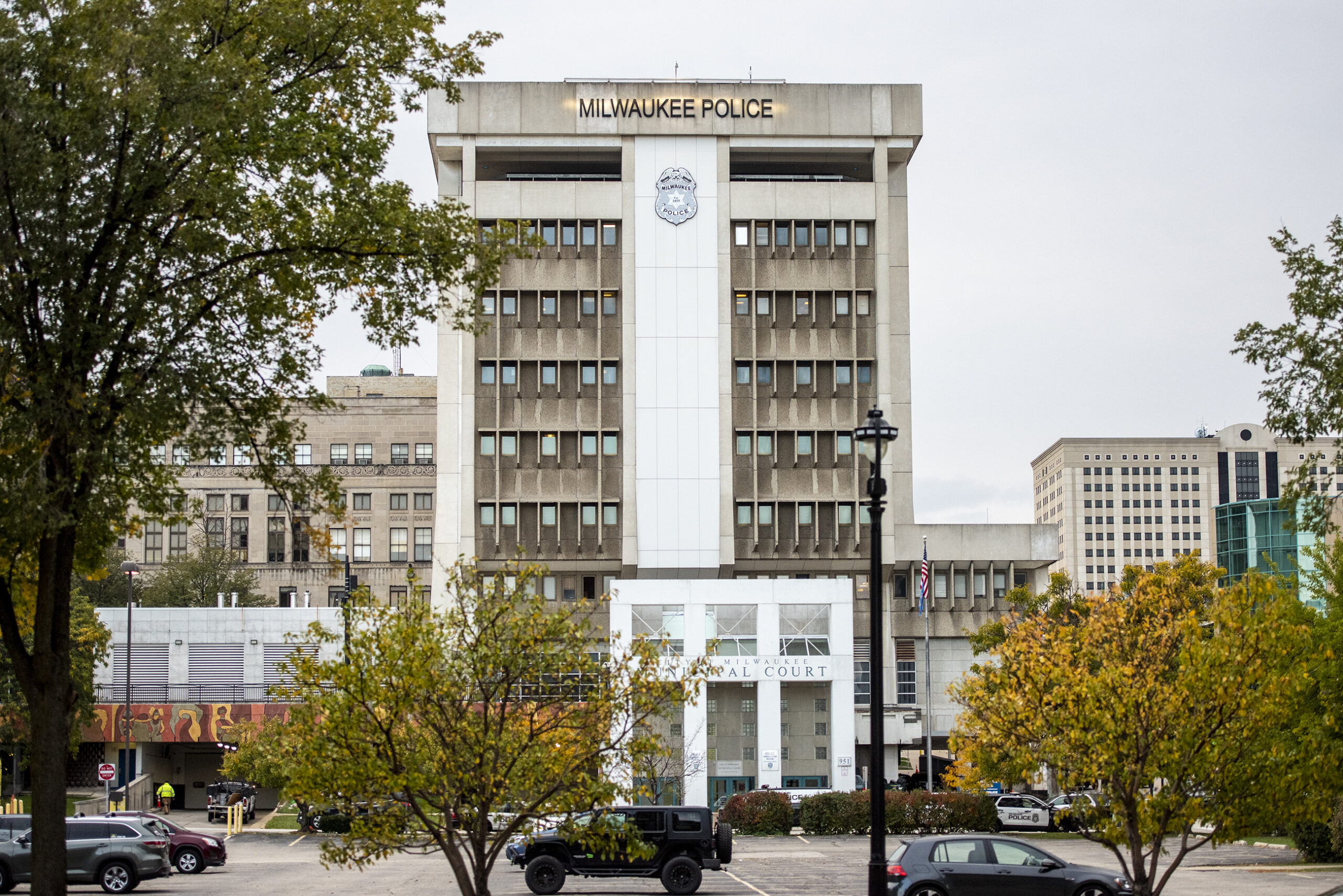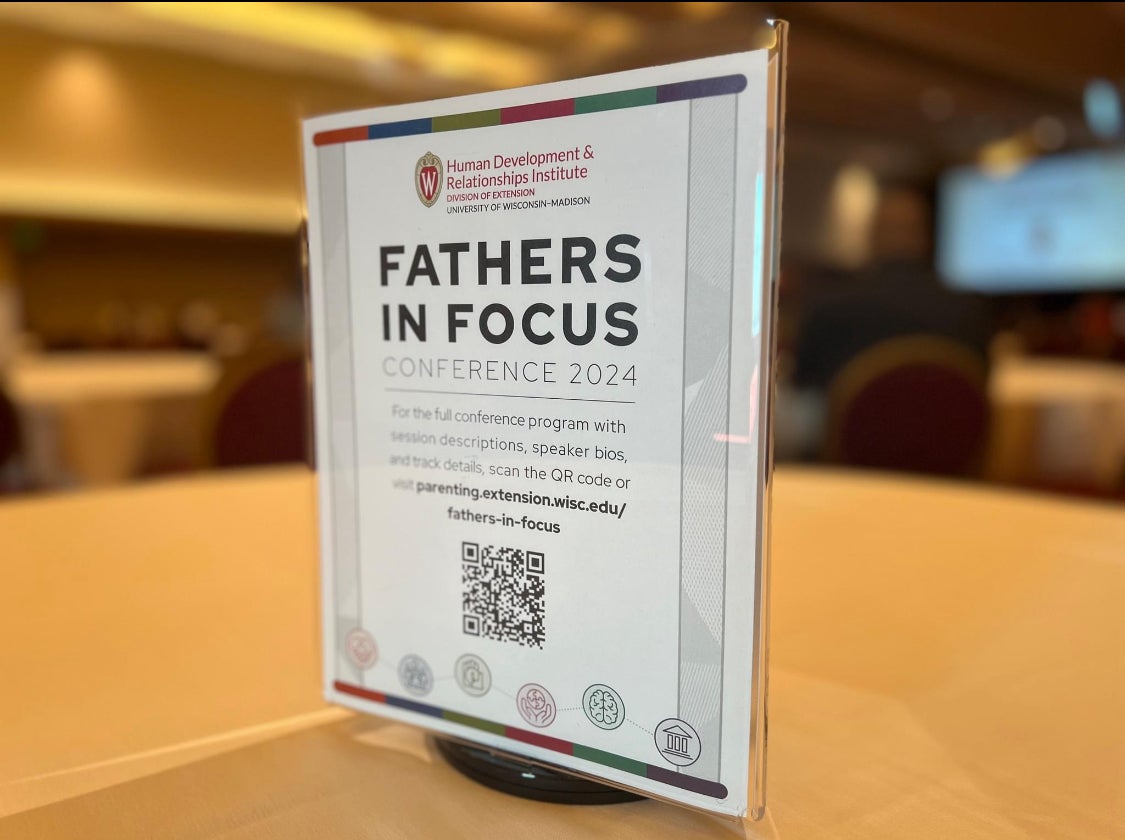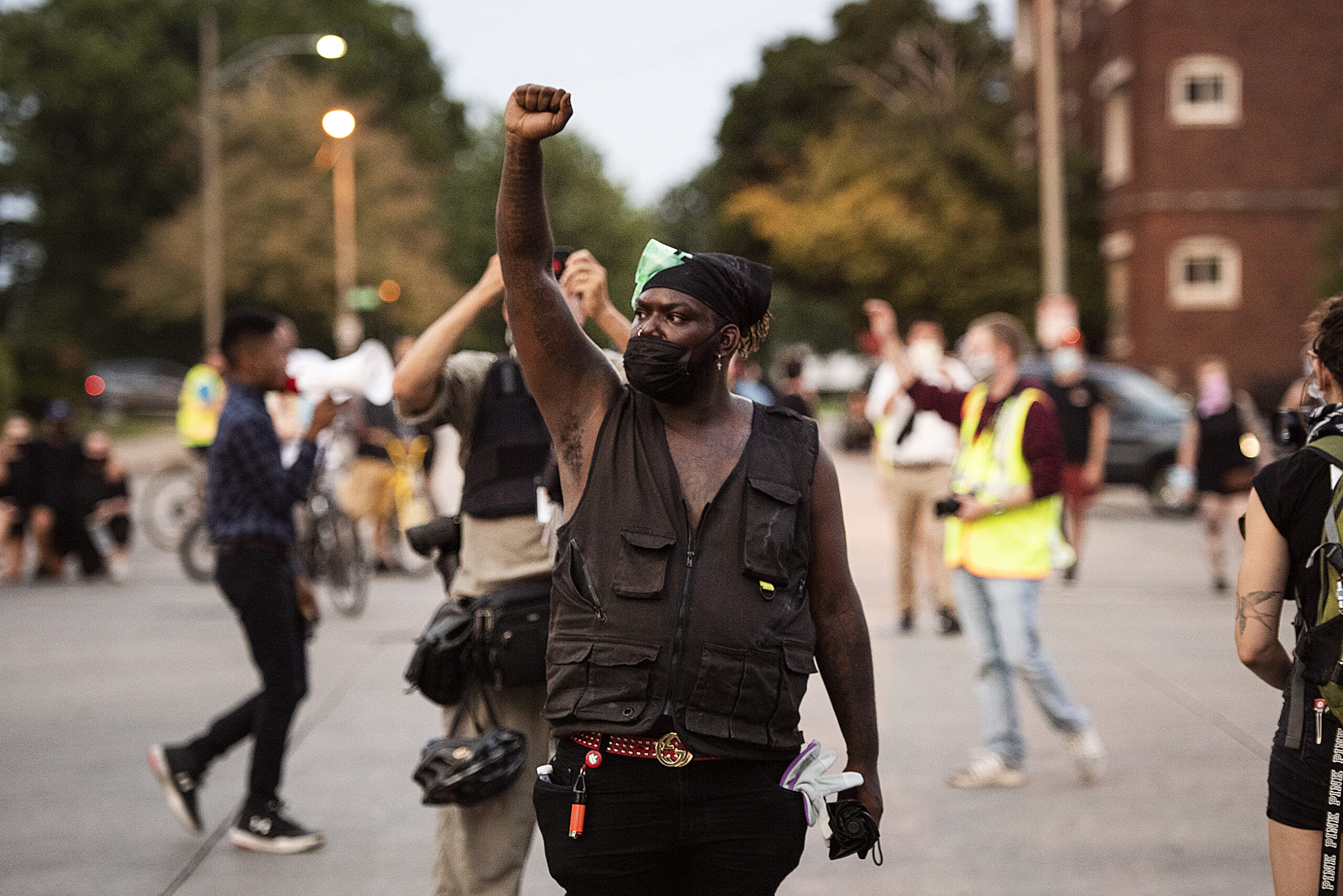Police Relations With The Black Community-
Members of the African-American community and the La Crosse Police Department acknowledge relations between the groups aren’t perfect, but say they are working toward forming a stronger relationship.
Tensions between blacks and police have been rising the past couple of years after a series of well-publicized deaths of young black men at the hands of police gunfire. They may have reached a boiling point this summer after police ambush killings by black men in Dallas, Texas and Baton Rouge, Louisiana in response to the shooting deaths of young black men in Baton Rouge and St. Paul, Minnesota.
Valjean Adams is co-founder and board president of the African-American Mutual Assistance Network in La Crosse which runs three educational programs for black students. One of the goals of the program is to address racial issues and intolerance. Adams said she’s had positive experiences with La Crosse police in the many years she’s lived in the area.
“I think as far as police departments go, they’re (La Crosse Police Department) making a really good effort, and I think that goes a long way,” she said. “Gaining the trust of a community of people that has not been given a reason to trust is a slow process.”
Adams cites the involvement of the La Crosse Police Department in the city’s Juneteenth celebration, which commemorates the end of slavery, and was started in La Crosse three years ago, as an example of police trying to get to know members of the black community.
The La Crosse Police Department recently returned to a style of policing known as community response policing, where officers do a better job interacting with people who live in traditionally high crime neighborhoods. La Crosse Police Capt. Jason Melby of the department’s Professional Standards Bureau said the La Crosse Police Department recognized the need to look at how it interacted with not only blacks, but all members of the community after Michael Brown was shot and killed by police in Ferguson, Missouri in August of 2014. Since then, Melby said La Crosse Police have adjusted their training and reviewed internal documents like use of force records to make sure there isn’t police bias in La Crosse.
“La Crosse Police Department has no delusional expectations that by participating with Juneteenth Day we have now solved any sort of relation issues there might be in the community. This is just the beginning of us making inroads in an area of the community that we maybe haven’t made before,” said Melby. “It’s how our officers do the job on a daily basis that needs to be right. And when there’s a time where it doesn’t matter what uniform I’m wearing, or what color somebody’s skin is, is where some of the hard feelings are going to be set aside.”
Much of the tension is between police and young black men, people like UW-La Crosse senior Isaiah Thomas, a black man in his early 20s from Milwaukee. He said moving to La Crosse three years ago was his first experience living in a predominantly white community. Thomas has worked in Milwaukee as an EMT and knows how difficult the issues are, both as a young black man and for police he’s worked with. Thomas said he doesn’t feel like there’s a target on his back living in La Crosse, but he’s always cautious.
“There are certain officers in the La Crosse Police Department who I’ve grown to have a relationship with, he said. “Even then when I’m out and about and I see a police officer, it’s like ‘yeah, I’m gonna wave,’ but at the same time, in the back of your head you think ‘what do they think of me,’ my skin tone and the area that I’m in.”
Thomas said it’s not just police officers that make him feel uncomfortable in La Crosse.
Adams and Melby agree that people, whether it be blacks, police or other groups need to get to know each other better before they can build trust with one another.
– John Davis
Episode Credits
- Hope Kirwan Host
- John Davis Producer
- Valjean Adams Guest
- Assistant Chief Jason Melby Guest
- Isaiah Thomas Guest
Wisconsin Public Radio, © Copyright 2024, Board of Regents of the University of Wisconsin System and Wisconsin Educational Communications Board.

